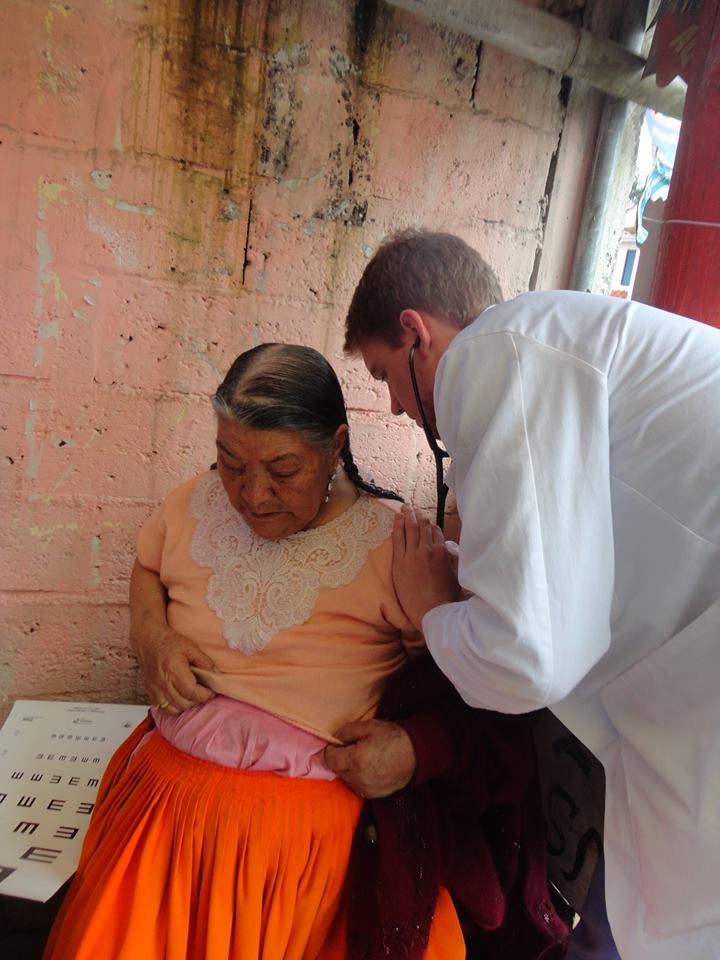Join Us
Our program
Our program for foreign medical students provides the opportunity to observe a variety of clinical situations and health problems present in developing countries. You also have the opportunity to experience a new culture and receive tutelage from excellent professionals, guided by the principle of humanitarian service, as well as respect, love for others and teamwork.
Cinterandes Foundation annually receives foreign students from the United States, Canada, Australia, Israel, New Zealand, Europe and other Latin American countries. It is very important to us that our students see medicine as a profession of service to others.
All students perform rotations in the following areas:
Mobile Surgery
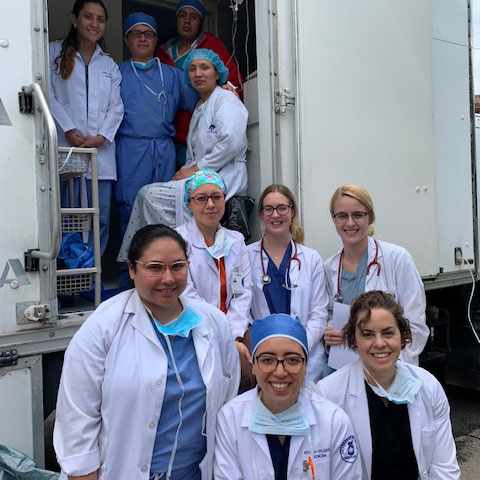
During this rotation, students form part of our team in the Mobile Surgical Unit under the close supervision of our seasoned medical professionals.
They carry out various activities such as pre-surgical evaluations, assist during surgeries, and are actively involved in monitoring patients during the immediate postoperative period, discharge and subsequent follow-ups.
The Mobile Surgery program is an excellent opportunity for students to obtain practical education in the field of surgery. At the same time, the interaction with patients and their families in their own environment during our surgical care is a unique human experience.
When surgeries are not being performed in the Mobile unit,
the students rotate through different specialties under a physician’s guidance in several local hospitals where, in addition to observing the Ecuadorian pathology closely, they have the opportunity to interact with students, residents and health professionals.
Hospitals
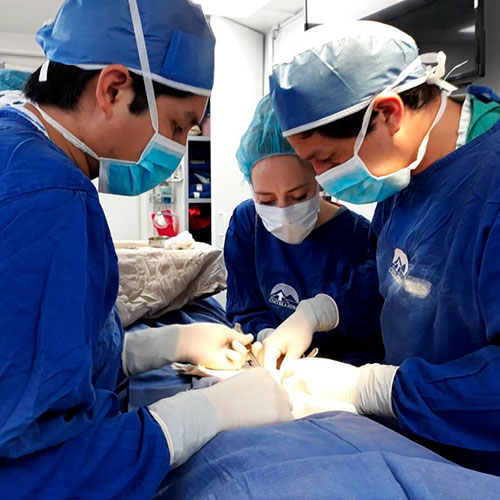
Community Health Centers
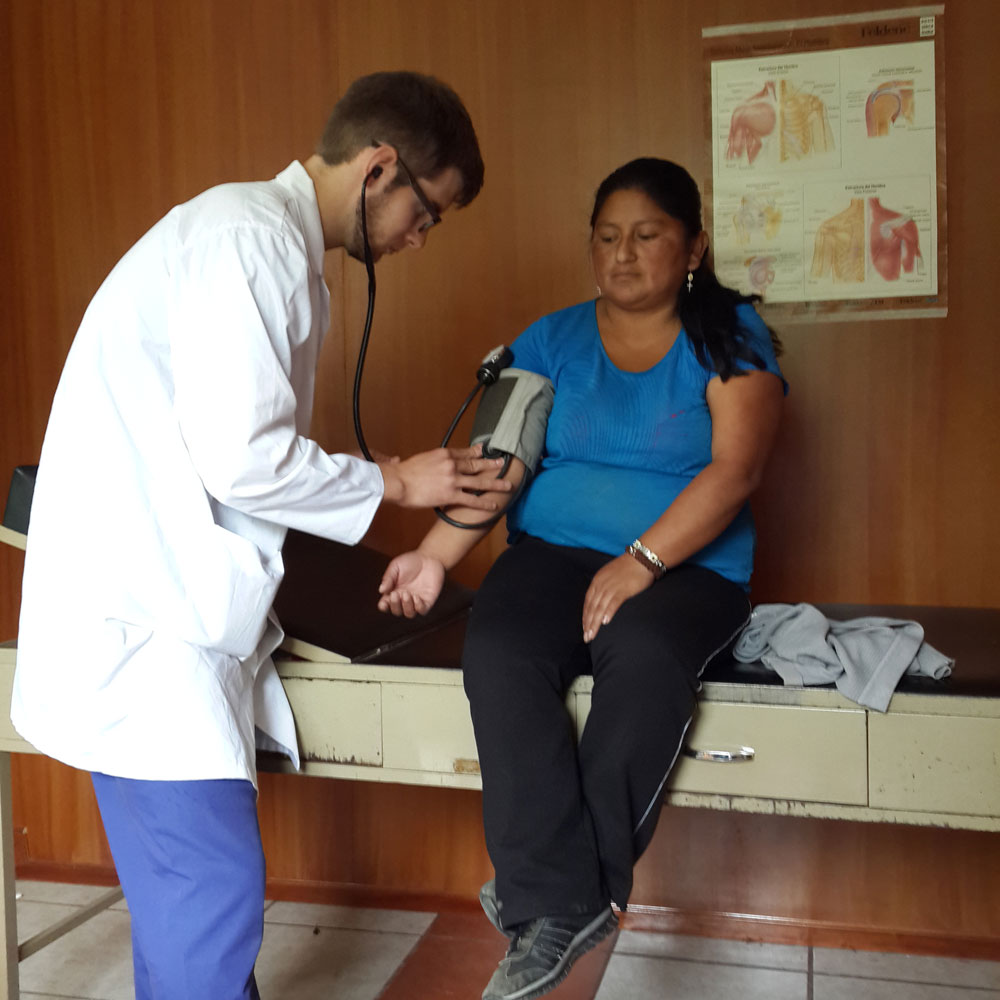
We plan according to the interests of each student who visits us and
offer rotations throughout various health centers in suburban and rural areas where students can attend medical consultations and assist the supervising physician in their activities. This provides a great opportunity to gain experience in primary care while also becoming familiar with popular culture and language.
While doing their rotations,
students also have the opportunity to carry out or actively participate in research projects, which can serve as a great tool for their professional development.
Research Projects
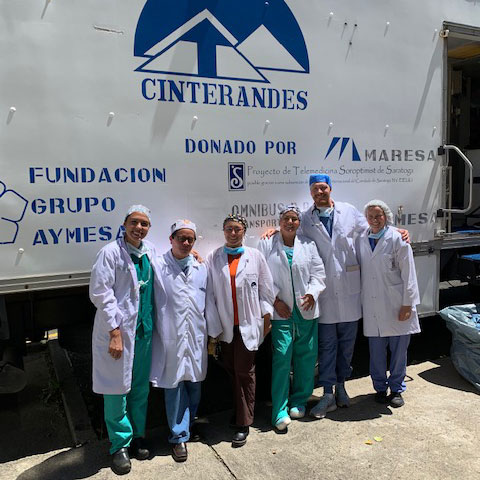
Teaching Programs
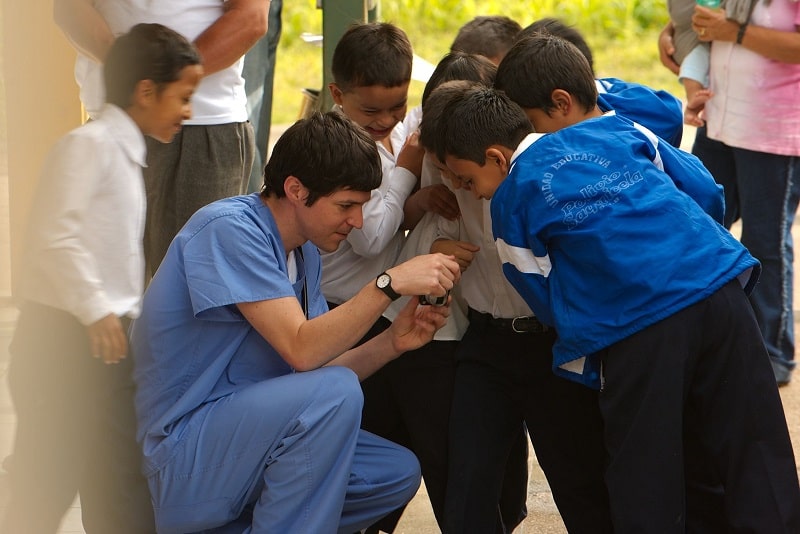
Students and residents will be able to experience and observe the following:
- The principles and practice of Humanitarian Medicine.
- The Doctor-Patient relationship with an emphasis on their relationship with the family and the community.
- The most common pathologies in our community during the rotation in rural health centers and hospitals.
- The most common surgical pathologies during the rotation in the Mobile Surgical Unit.
- Preoperative preparation, postoperative care, as well as the management and prevention of surgical complications.
- Proper behavior in the operating room as well as the opportunity to assist in surgical procedures.
- The diversity of Ecuadorian culture and the chance to travel around the country.
Program Fee
Students pay a non-refundable fee of $ 220/week that must be paid in full at the beginning of the program. This contribution is used to purchase medicine and surgical supplies and cover costs related to the surgeries performed in rural communities. We recommend rotations of 4 to 8 weeks.
Accommodations in Cuenca
Students may choose to stay with an Ecuadorian host family, at a cost of $ 20/day that covers room, food and laundry (this cost is in addition to the fee paid to Cinterandes). These arrangements provide a good opportunity to practice Spanish and participate in the traditions and culture of Ecuadorian family life.
Students who prefer more independence can stay in a hotel. There are several affordable, safe, and clean locations starting at around $ 12/day. All this information can be found online.
Students who participate in the program have the opportunity to observe a wide variety of clinical situations and health problems in the context of a developing country.
Join our Cause
